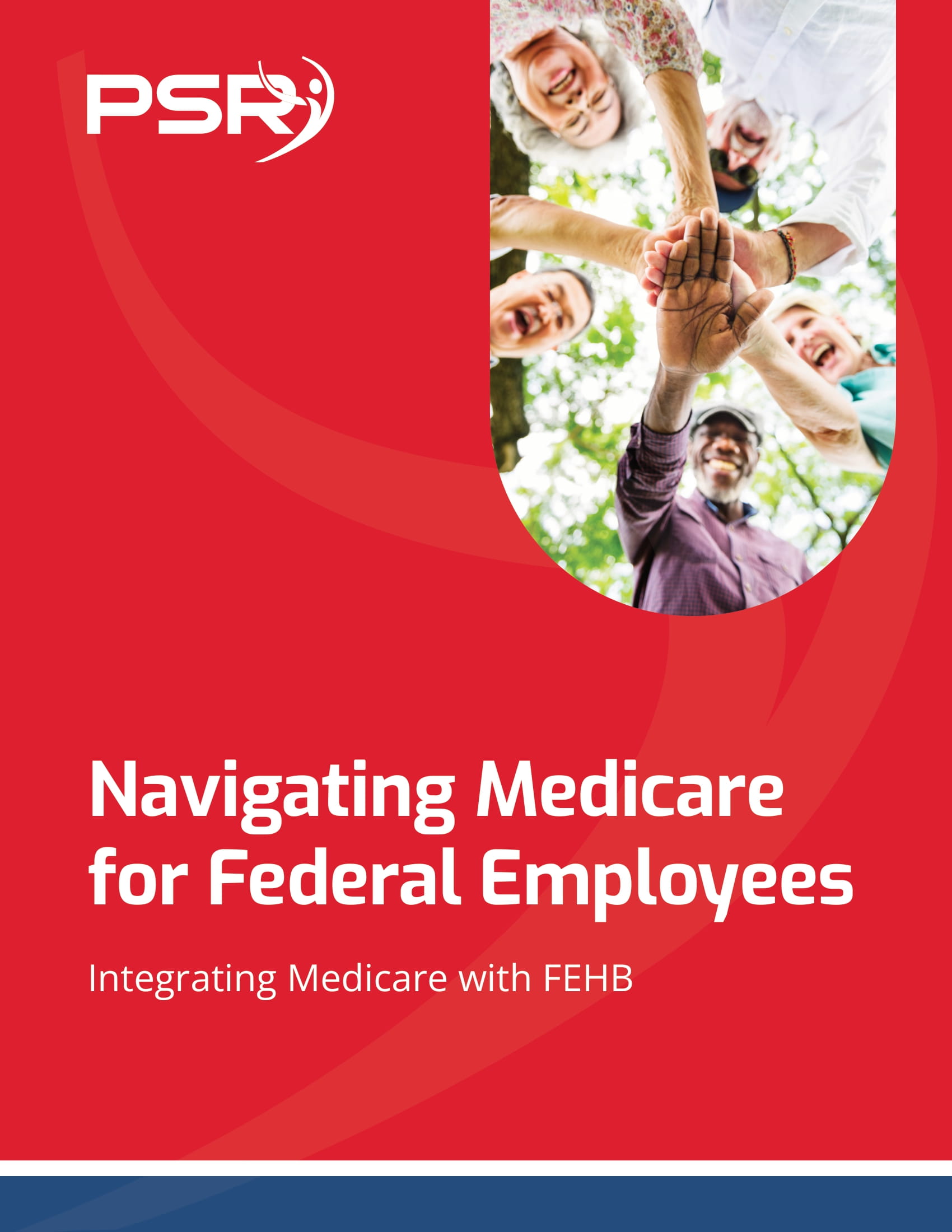Key Takeaways
- Weigh the impact on health benefits, pension, and Social Security when considering early retirement as a federal employee.
- Be mindful of how leaving before specific age and service milestones can reduce retirement benefits significantly.
- Also Read: Divorce and Your Federal Pension—What Happens When You Split Assets and How It Could Affect Your TSP
- Also Read: What Happens to Your Federal Benefits After Divorce? Here’s the Lowdown
- Also Read: The Best FEHB Plans for 2025: Which One Fits Your Lifestyle and Budget the Best?
Are You Eligible for Early Retirement?
The Federal Employees Retirement System (FERS) has some specific guidelines for when you can retire early. If you’re under 62, you can still retire as long as you meet certain criteria based on your age and years of service.
- MRA+10: One of the most common ways to retire early is through the Minimum Retirement Age (MRA) + 10 provision. Your MRA is based on your birth year, and it typically falls between 55 and 57 years old. If you have at least 10 years of service and you’ve reached your MRA, you can retire, but with a reduced annuity.
- Early Out Authority (VERA): Sometimes, federal agencies offer the Voluntary Early Retirement Authority (VERA) to encourage employees to retire early. If your agency offers VERA, you can retire as early as 50 with 20 years of service or at any age with 25 years of service.
However, taking early retirement can lead to a reduced pension. So, make sure you’re aware of what your annuity will look like before making your decision.
How Will Early Retirement Affect Your Pension?
Leaving the workforce early often means a smaller pension, and that’s especially true under the MRA+10 rule. If you retire under MRA+10, your pension is reduced by 5% for every year you’re under 62. Let’s say you retire at 57—this would reduce your annuity by 25%, which could seriously impact your retirement income.
In contrast, retiring under VERA usually doesn’t come with the same pension reduction. But remember, while your pension might not be reduced as drastically, you could still end up with less overall retirement income since you’ll be collecting it for a longer period.
What About Your Health Insurance?
One of the major benefits of being a federal employee is access to the Federal Employees Health Benefits (FEHB) program. You might already know that if you retire early, you can keep your FEHB coverage, but it’s not automatic. There are some rules to consider:
- You must have been enrolled in FEHB for at least five years before retiring to keep it during retirement.
- You need to be eligible for an immediate annuity. If you’re retiring under the MRA+10 rule, for instance, and you choose to defer your pension, you’ll lose your FEHB coverage during the deferment.
This can be a crucial consideration since healthcare costs only go up as we age. If you don’t meet the requirements for keeping your FEHB, you’ll have to look elsewhere for health insurance, which could be expensive.
How Does Early Retirement Affect Social Security?
While Social Security isn’t exclusive to federal employees, it’s still a huge part of retirement planning. If you retire early, the age at which you start collecting Social Security will play a key role in your overall income.
If you retire before your full retirement age (FRA)—which is currently 67 for those born in 1960 or later—you’ll face a reduction in benefits if you start collecting Social Security early. You can begin receiving Social Security at 62, but your benefit will be permanently reduced by about 30%.
That said, delaying Social Security until you’re 70 increases your monthly benefit by about 8% for each year you delay after your FRA. Weigh the pros and cons of starting Social Security early against your other retirement income sources, like your FERS pension and Thrift Savings Plan (TSP) withdrawals.
Should You Rely on Your TSP for Early Retirement?
Your Thrift Savings Plan (TSP) is another big piece of your retirement puzzle. If you’re considering early retirement, you’ll need to figure out when and how you’re going to tap into this account.
Here are a few things to keep in mind:
- The age 59½ rule: Generally, you can start withdrawing from your TSP without penalty once you turn 59½. But if you retire early and need to start withdrawals sooner, you might face a 10% early withdrawal penalty unless you qualify for an exemption (such as retiring after age 55).
- How long will your TSP last? The earlier you start withdrawing, the longer your TSP has to last. You’ll need to think carefully about how much you’ll withdraw each year and make sure your withdrawals are sustainable over the long term.
Do You Need to Reach Specific Milestones?
Timing is everything when it comes to federal retirement benefits. There are specific service milestones that, if hit, could significantly boost your retirement benefits. For instance:
- Age 62 with 20 years of service: If you can make it to 62 with 20 years of service, you’ll receive an enhanced pension benefit. At this point, your annuity is calculated at 1.1% of your high-three average salary for each year of service instead of the standard 1%.
- Age 60 with 20 years: You can retire with a full, unreduced annuity if you hit 60 with 20 years of service. This could be a good option if you’re not quite ready to retire at 62 but also don’t want the reduction associated with MRA+10.
If you’re close to hitting one of these milestones, it might be worth waiting a little longer before making your exit.
What Are the Long-Term Financial Implications?
Deciding to retire early doesn’t just affect your immediate income—it can have long-term consequences on your overall financial health. Before making the decision, you should consider:
- Longevity: People are living longer than ever. Early retirement means your pension, TSP, and Social Security will need to stretch over more years. Will you have enough saved to last through your 80s or even your 90s?
- Inflation: Over time, inflation erodes purchasing power. If you retire at 57, for instance, you’ll need to account for rising living costs over several decades.
- Healthcare costs: Healthcare expenses tend to rise significantly as we age. Even if you keep your FEHB, you’ll need to budget for things like premiums, out-of-pocket costs, and long-term care.
Weighing the Decision
Early retirement sounds amazing in theory, but it comes with a lot of big decisions and potential trade-offs. As a federal employee, you have some unique benefits, but understanding how early retirement affects your pension, healthcare, and overall financial picture is critical. Make sure you’ve fully considered all the variables before jumping into early retirement.













